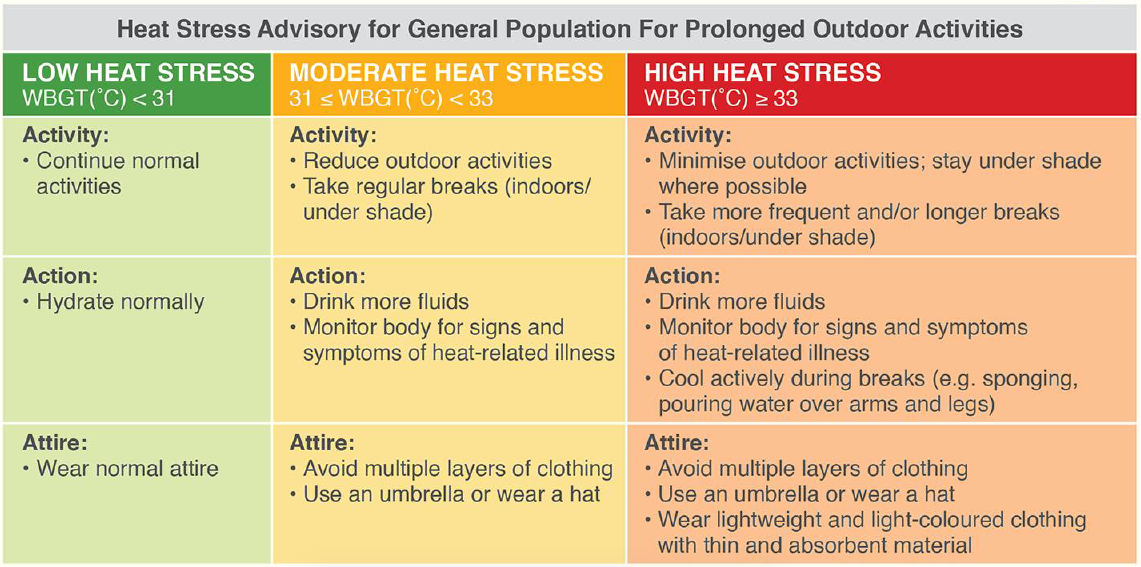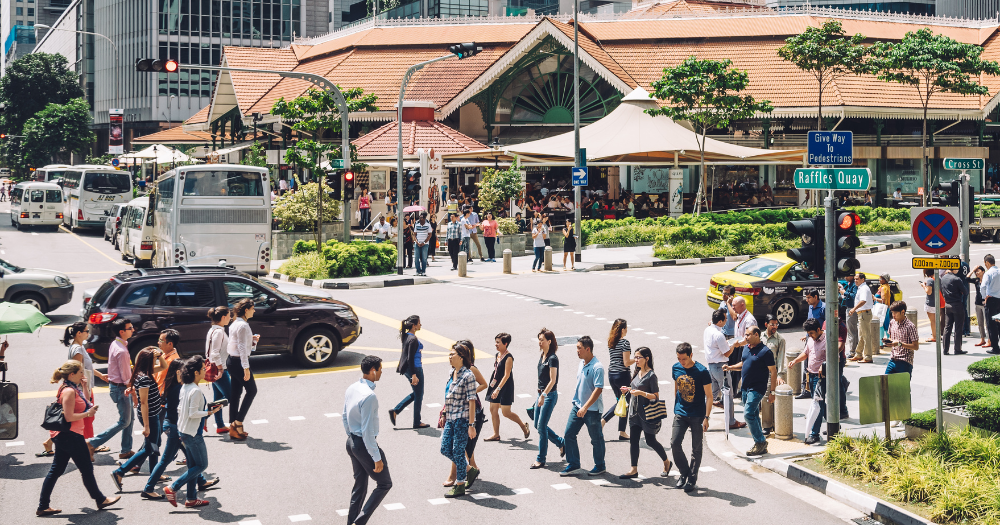Singapore’s 2023 Annual Climate Assessment Report was released by the National Environment Agency (NEA)’s Meteorological Service Singapore (MSS) on Mar. 23, 2024.
The report covers notable weather records and events in Singapore in 2023.
2023 was hot
Singapore’s annual average temperature was 28.2°C in 2023, making it the fourth warmest year on record (tied with 1997 and 2015).
The last decade (2014 - 2023) has been Singapore’s warmest decade on record at 28.06°C. This is 0.33°C warmer than the decade before (2004 - 2013).
However, this latest decade would still be considered cooler than average if compared to mid-century (2040 - 2059), according to future climate projections by Singapore’s Third National Climate Change Study.
The report also noted the influence of climate phenomena on temperatures in recent years — persistent La Niña developed in 2021 and ended in the first quarter of 2023, while El Niño conditions developed by the second half of the year. A positive Indian Ocean Dipole also developed in the second half of 2023.
Both El Niño and the positive Indian Ocean Dipole bring about warmer and drier conditions to Singapore and the region.
Since the warmest annual temperatures from any El Niño event typically occur the year after an El Niño forms (both for Singapore and globally), 2024 could be an even warmer year, MSS reported.
Heat stress
Singapore experienced 37 days with some periods of high heat stress in 2023. Heat stress level is determined based on Wet Bulb Globe Temperature (WBGT).
High heat stress days mostly happened in May and October last year.
Singapore's Third National Climate Change Study estimates that the number of high heat stress days will triple by 2050 compared to 2023 (between 53 and 155 days, depending on the future emissions scenario).

Rainfall
2023 was the 7th wettest year for Singapore since 1980.
According to MSS, the average annual total rainfall (2866 mm) was 13.1 per cent above the long-term 1991-2020 average of 2534mm.
The first three months of the year were particularly wet, but some months, such as August and October, were drier than average.
The projections made in the latest climate change study indicate that Singapore’s wet months (December - January) could get wetter while the dry months (June - September) could get drier.
Top image from Canva
If you like what you read, follow us on Facebook, Instagram, Twitter and Telegram to get the latest updates.



